Supervisors
Each Doctoral Candidate (DC) will have one or more supervisors from their main host as well as additional co-supervisor(s) from the partners in the network where he/she will be on secondment. A senior researcher from the institution where the DC is enrolled will be part of the supervision team when relevant to ensure that every DC is co-supervised by an experienced advisor. Supervision quality of DCs hosted at an industrial partner is ensured through regular meetings with the supervisor(s) from the enrolment institution.
The DCs will also be assigned a Career Mentor – a senior researcher committed to supporting the DC’s professional development by acting as a counsellor on topics such as career choices, conflict resolution, professional networking, personal concerns, etc. The network offers unique collaboration possibilities as each DC will work in collaboration clusters that link related DCs from the network. The DCs will also perform one or more secondments at another institution. Once a year, each DC will work with their supervisors to submit a progress report to the Supervisory Board (SuB).
The supervisors have been chosen based on their excellent international reputation, their considerable experience in successful doctoral training, their knowledge from serving as an editor/associate editor for prestigious scientific journals, and for the academic leadership they have shown at their institutions. All DC hosting partners will observe and adhere to the principles of supervision in the MSCA Guidelines on Supervision and the European Charter for Researchers (EURAXESS) and will pursue the highest standards with respect to scientific excellence, professionalism, and ethics.
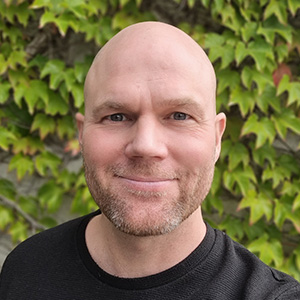
Anders Lyhne Christensen is Full Professor at SDU UAS Center at the University of Southern Denmark. He primarily conducts research on artificial intelligence for multirobot systems and swarm robotics systems. The aim of his work is to bring autonomous multirobot systems to real-world application, and in particular to design autonomous behavior that enables end-users to engage and control multirobot systems. In addition to his involvement in the WildDrone network, he also coordinates the DIREC-funded HERD project and Swarm Robotics for I4.0, and he has been involved in several national and EU projects on swarm robotics (including HANCAD, CORATAM, Swarmanoid, and Swarm-bots).
Supervision: DC6 – Automated Planning

Andrea Flack is an independent Emmy Noether group leader at the Max Planck Institute of Animal Behavior, and a Principal Investigator at the Centre for the Advanced Study of Collective Behaviour in Konstanz. Her work combines the fields of collective animal behaviour and movement ecology. In her research, she focuses on two broad directions that are at the frontier of bird migration research. First, she elucidates the elements that shape short-term migratory decisions using various experimental and observational approaches. Second, with a broader focus, she examines the evolutionary ecology of social migration by examining population-level processes and migratory culture.
Supervision: DC2 – Migration Analysis and DC8 – Real-Time Census

Andrea Micheli is a researcher at Fondazione Bruno Kessler, Italy, where he coordinates the activities involving Automated Planning and Scheduling. His research is focused on automated temporal planning for industrial applications; in particular, he worked on automating flexible manufacturing and in autonomy for robotics applications. He currently coordinates the AIPlan4EU project aiming at simplifying the access to automated planning technologies for practitioners.
Supervision: DC9 – Individual Characteristics
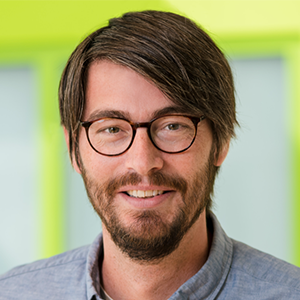
Benjamin Risse is Full Professor and head of the Computer Vision & Machine Learning Systems (CVMLS) Group at the Institute for Geoinformatics at the University of Münster in Germany. His research focuses on the development of novel image analysis and visual computing techniques with a particular interest in sustainable deep learning algorithms for animal tracking and natural habitat reconstructions. Being involved in several national and international collaborations the projects are often conducted in interdisciplinary settings and the results are applied in fields like robotics, biomedical image analysis, VR applications and laboratory and wildlife animal monitoring.
Supervision: DC9 – Individual Characteristics and DC10 – Habitat Reconstruction
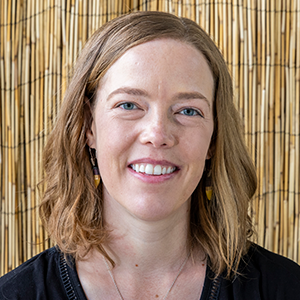
Blair Costelloe is a Postdoctoral Researcher at the Max Planck Institute of Animal Behavior and an Affiliate Member of the Centre for the Advanced Study of Collective Behavior at the University of Konstanz. She is a behavioral ecologist whose research focuses on the collective and antipredator behavior of African savannah herbivores. She leads HerdHover, an interdisciplinary project aimed at developing and deploying drone- and image-based methods for studying the behavior of animals in their natural environment. She has fifteen years of experience in conducting fieldwork in Kenya, including at Ol Pejeta Conservancy (a WildDrone Partner).
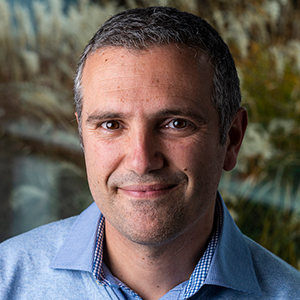
Devis Tuia is associate professor at the Ecole Polytechnique Fédérale de Lausanne (EPFL) and leads the ECEO laboratory. His research is at the interface of computer vision, remote sensing and environmental sciences. His main interests are in designing vision systems that you can understand and interact with, so that they can be used to make a difference against losses of biodiversity, forests, corals and of the services they provide.
Supervision: DC11 – Interactive Census
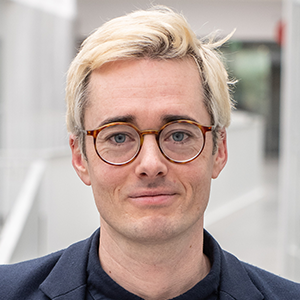
Dylan Cawthorne is an Associate Professor at the Drone Center (SDU UAS) at SDU. Dylan’s aim is to support the flourishing of humans and nature through the development of ethically informed technologies. His main area of research is using value sensitive design methods and ethical principles to develop and build prototype drones for humanitarian, public healthcare, search and rescue, and mapping operations. Dylan is an activist engineer, member of the SDU Research Ethics Committee, part of the leader group for the Center for Culture and Technology, and a volunteer at Repair Café Odense and Engineers Without Borders Denmark.
Supervision: DC5 – Calm Drones
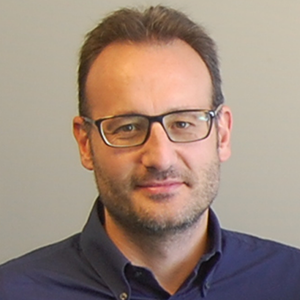
Fabio Remondino is Head of the 3D Optical Metrology (3DOM) research unit at FBK – Bruno Kessler Foundation, a public research center located in Trento, Italy. He has a PhD in Photogrammetry and became professor in Geomatics in 2012. His main research interests are in the field of reality-based surveying and 3D modeling, sensor and data fusion and 3D data classification. He is working in all automation aspects of the entire 3D reconstruction pipeline for applications in the industrial, environmental and heritage field. Fabio is currently serving as Vice-President of EuroSDR while he was President of ISPRS Technical Commission II and V (2012-2021) as well as vice-President of CIPA Heritage Documentation (2015-2019). He is currently involved in 8 EU projects.
Supervision: DC9 – Individual Characteristics
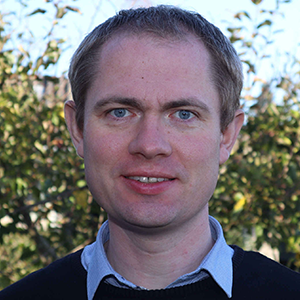
Henrik Skov Midtiby is an Associate Professor at the Drone Center (SDU UAS) at the University of Southern Denmark. Henriks’ research focuses on analysis, interpretation and acquisition of drone images. Images from domains like agriculture and the marine environment are often central in these projects. In relation to agriculture, Henrik has used drone footage to estimate yield of crops like pumpkins and christmas trees. He helps out Magnus Wahlberg (SDU Biology) with analysis of motion of marine animals like porpoises. Henrik led the SDU part of the SqM Farm project where SDU captured drone images of farm fields for three growth seasons.
Supervision: DC8 – Real-Time Census

Magnus Wahlberg is Associate Professor at the SDU Department of Biology and the daily leader of the university’s Marine Biological Research Center in Kerteminde. He mainly works on how whales and seals make use of sounds underwater. His lab houses grey seals and collaborate closely with the next-door aquarium Fjord&Bælt, with three harbour porpoises. He is also working in the field, most recently on combining drone observations with underwater recordings to study the reactions of porpoises and dolphins to sounds, and how they are making use of sounds while foraging.
Supervision: DC4 – Coastal Monitoring and DC8 – Real-Time Census
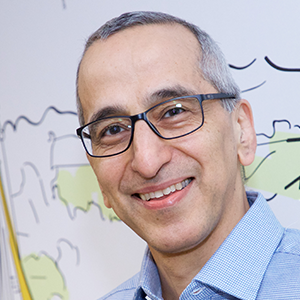
Majid Mirmehdi is a Professor of Computer Vision in the Department of Computer Science at the University of Bristol, and member of the Bristol Vision Institute and Bristol Robotics Laboratory. His research interests include natural scene analysis (animals and humans) and healthcare monitoring using vision and other sensors, and he has more than 250 refereed journal and conference publications in these and other areas. MM is a Fellow of the International Association for Pattern Recognition and a Distinguished Fellow of the British Machine Vision Association. He is Editor-in-Chief of IET Computer Vision journal and an Associate Editor of Pattern Recognition journal. He serves on the Executive Committee of the British Machine Vision Association.”
Supervision: DC12 – Adaptive Tracking
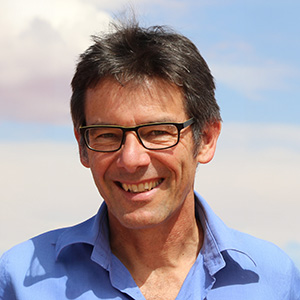
Martin Wikelski is the founding Director of the Max Planck Institute of Animal Behavior (MPI-AB) and Professor in Biology at the University of Konstanz. He previously worked at: University of Washington, Seattle, WA; Smithsonian Tropical Research Institute, Panama; University of Illinois Urbana-Champaign; Princeton University. His specialization is the study of global animal movement. The MPI-AB is using thermal drones to work with nocturnal mammals in Africa.
Supervision: DC 1 – Livestock-wildlife Interaction
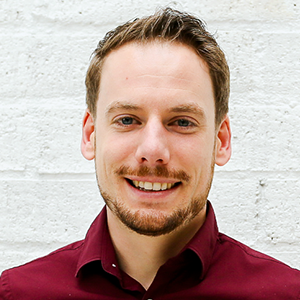
Matthijs Damen is Head of Engineering at Avy. This scale-up located in Amsterdam develops a fixed-wing VTOL drone network. The company focuses on medical logistics, emergency response, and wildlife preservation use-cases. Matthijs has a background in astrophysics and robotics, and has been with Avy for over 3 years. He leads all product development activities within Avy and will be acting as a company supervisor for one of the doctoral candidates in the WildDrone network.
Supervision: DC5 – Calm Drones
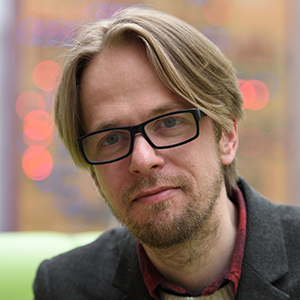
Tilo Burghardt is Senior Lecturer in the Visual Information Laboratory at the University of Bristol, UK. His research interests focus on visual deep learning methods that support the life sciences, particularly applications to conservation and animal welfare. Over the last 15 years, he and his team built many animal biometrics systems and proof-of-concept firsts including UAV platforms capable of autonomously locating and individually identifying freely moving animals in farming settings. Tilo has worked with a wide range of academic and industrial partners around the world and is involved in several national and international interdisciplinary collaborations that focus on bringing people, nature, and AI together.
Supervision: DC12 – Adaptive Tracking
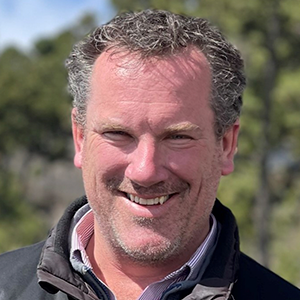
Tom Richardson is Professor of Aerial Robotics at the University of Bristol in the UK. Passionate about aerospace engineering, he specializes in the application of modern control theory and novel sensors to UAS/Drones. He has been granted permission for BVLOS (Beyond Visual Line of Sight) operations in multiple countries and was the International Drone Safety Lead for the Multinational Deep Carbon Observatory (DCO) funded ABOVE field campaign to Papua New Guinea in 2019. Tom is a founding partner of Perceptual Robotics, has held an national private pilot license for over 15 years, and has worked with a range of industrial partners including DSTL, BAE Systems and Thales.
Supervision: DC12 – Adaptive Tracking and DC13 – Parasitic Drones
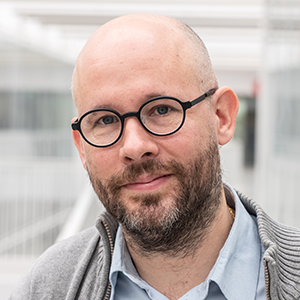
Ulrik Pagh Schultz Lundquist is Full Professor and Head of the Drone Center (SDU UAS) at the University of Southern Denmark. He primarily conducts research on high-level software abstractions for aerial, mobile, and self-organizing robots, with a focus on safety, reliability and robustness. The aim of his work is to develop drone technology for a flourishing global society, in support of the on-going green transition. In addition to coordinating the WildDrone network, he also coordinates the IFD GENIUS project. Previously he participated in the IFD HealthDrone and H2020 TeamPlay projects, and led the COST IC-1405 Work Package on Applications of Reversible Computing.
Get in touch
Contact us on WildDrone@sdu.dk

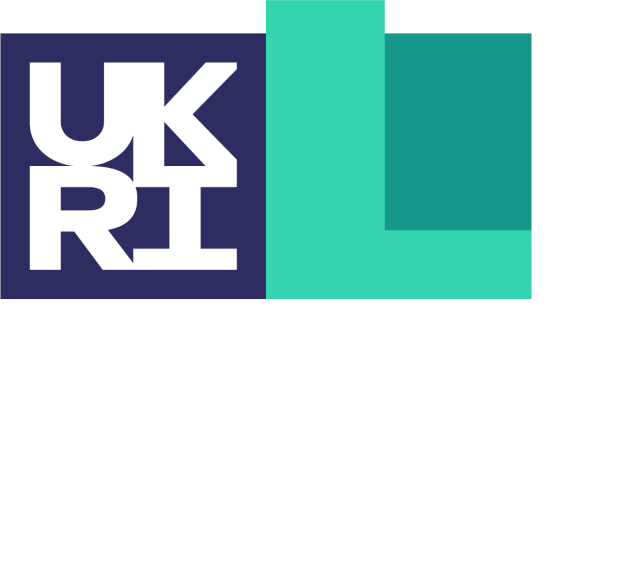
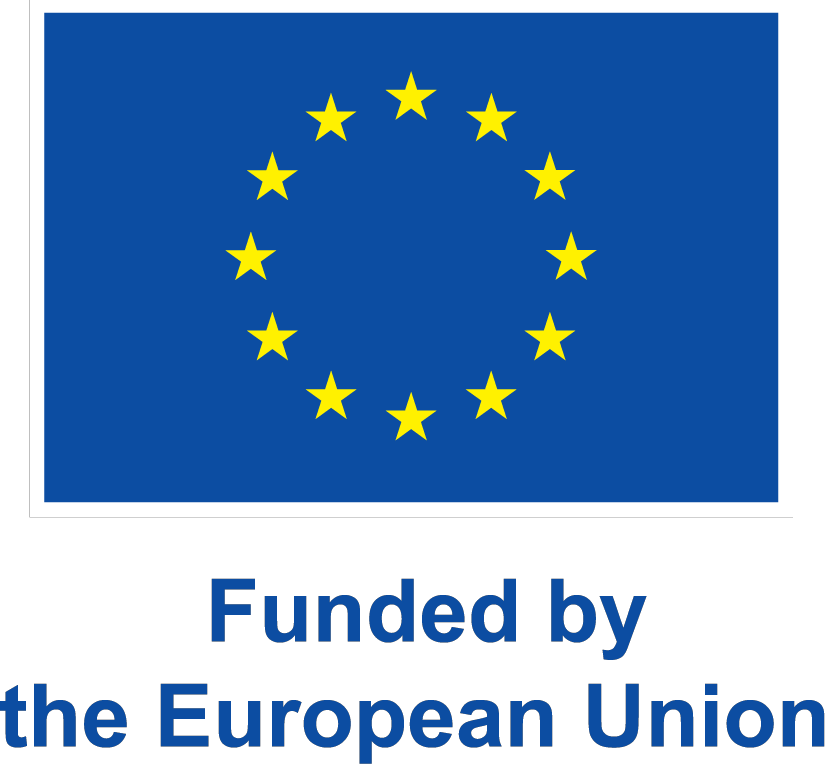
WildDrone is an MSCA Doctoral Network funded by the European Union’s Horizon Europe research and innovation funding programme under the Marie Skłodowska-Curie grant agreement no. 101071224. Views and opinions expressed are those of the author(s) only and do not necessarily reflect those of the European Union or the European Commission. Neither the EU nor the EC can be held responsible for them.
